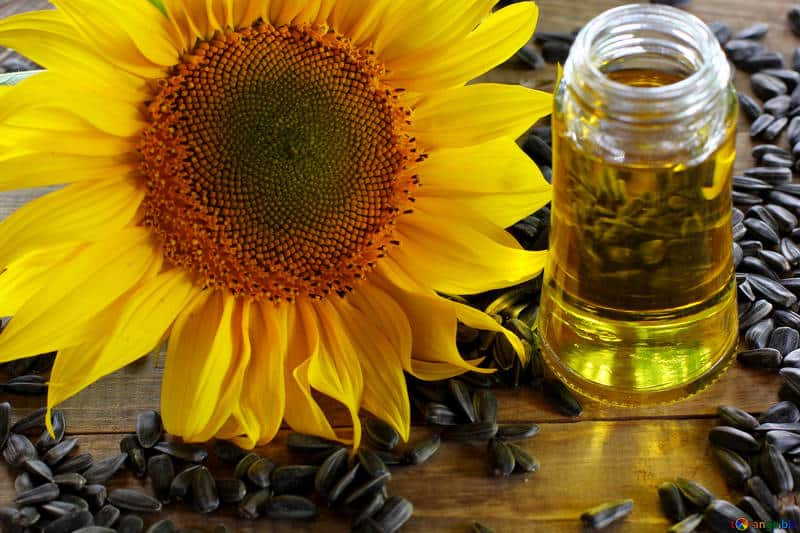Edible oil prices set to surge after onions and Garlic. Untimely rains led to damage of many kharif crops including oil seeds. India imports a major chunk of palm oil to meet edible oil consumption of the country. Recently, prices of palm oil increased internationally. The increase in prices of palm oil and high import duty set to increase prices across India.
The Surge
The prices of palm edible oil have increased by Rs 20 per liter (35%). Crude palm oil is available at Rs 712 per 10 kg as against 613/10 kg a previous month, depicting a 16% increase. The prices of refined soy oil increased from Rs 780 to Rs 843 per 10 kg in Indore. In total, the CPO price increased by 37% in the past two months. The soy priced at $878 per tonne and sunflower crude at $847 per tonne at Kandla Port.

Declining Production
The recent data released by Union Ministry of Agriculture and Farmers Welfare revealed that 68.24 lakh hectares of land was under oil seed cultivation this year as against 9.294 lakh hectares in the previous year. This raises another question of lack of agriculture planning in India. Why can’t the state or central government’s educate farmers on profitable crop cultivation for the coming harvest.
Soybean output is also depicting a downward trend this year. Soybean Processors Association (SOPA) has projected India’s soybean output at 8.98 million tonnes this year which is 2.02 million tonnes less than the previous year. In addition, domestic output declined due to crop damage.
Reasons
The governments of Indonesia and Malaysia, the world’s two largest palm oil-producing countries, are working on policies of increasing palm oil content in bio-diesel by diverting the crude palm oil in the process. Also, the palm oil production remained limited owing to unfavorable climatic conditions of these countries. Moreover, an increase in the export duty of soy oil from 25% to 30% from Argentina will likely increase the prices of cooking oil further.
Solution
India meets the majority of its domestic demand for edible oil through imports. The increasing dependence on imports of edible oil of a country where almost 60% of the population is engaged in agriculture is distressing. The efforts must be carried towards encouraging farmers to grow more oil seeds. This will benefit both the economy and the environment. Besides, there should be provisions for regulated markets for the procurement of these oil seeds.
In all, crop diversification is the solution for both costlier cooking oil imports and decreasing domestic oil seed crop production.